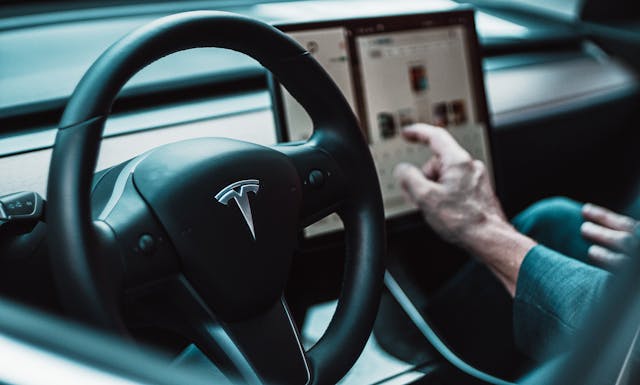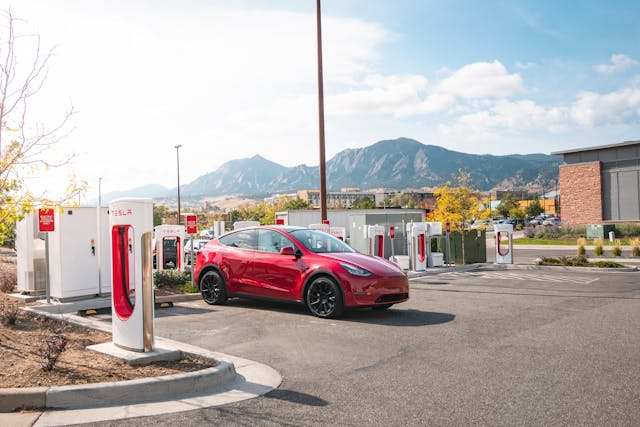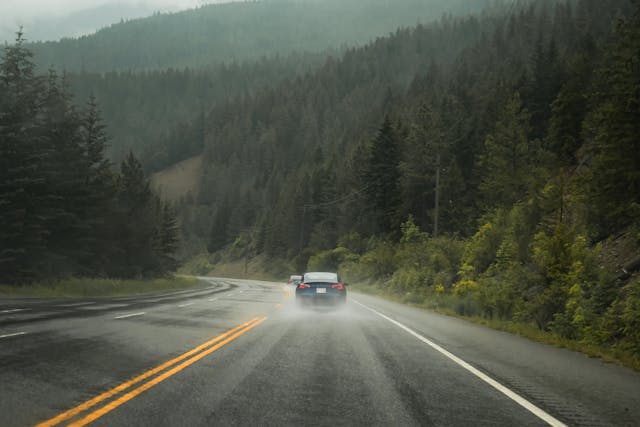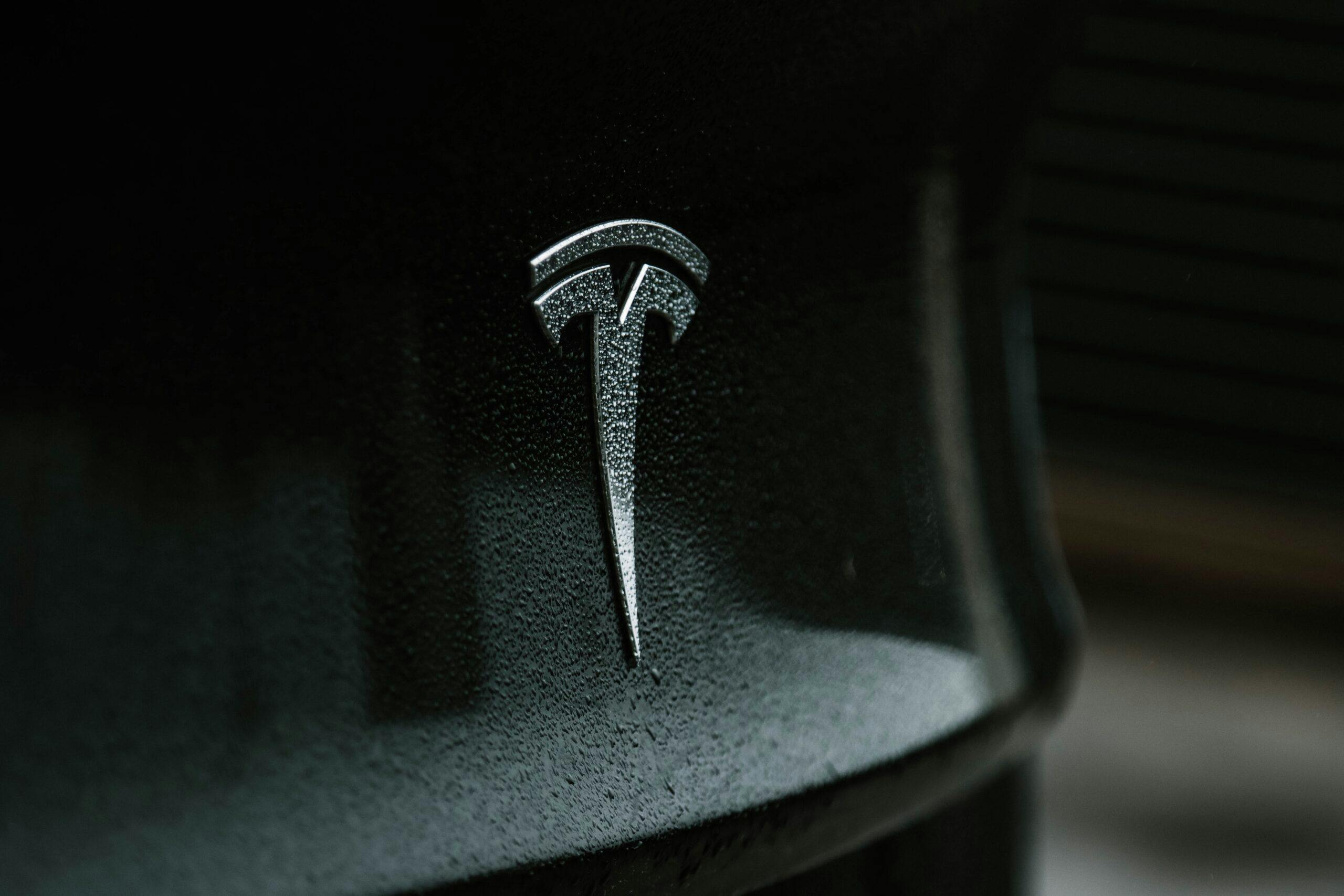Media | Articles
Reuters: Tesla purposely exaggerated dashboard range estimates, dismissed customer complaints
Reuters has distributed a devastating investigative story that accuses Tesla of not only exaggerating battery range estimates on its cars but creating a “diversion team” in Las Vegas tasked with one mission: Push consumers who thought something was wrong with their Tesla to cancel the service appointments they booked.
Based largely on an anonymous source that is mostly referred to as “this person,” the story says, “About a decade ago, Tesla rigged the dashboard readouts in its electric cars to provide ‘rosy’ projections of how far owners can drive before needing to recharge, a source told Reuters.”
Last year was an enormous sales year for Tesla, with roughly 1.3 million vehicles delivered. Inundated with driving-range complaints from customers, some of whom thought something was wrong with their vehicle, the company saved Tesla about $1000 in expenses per cancellation, the story says.
Owners “expected better performance based on the company’s advertised estimates and the projections displayed by the in-dash range meters of the cars themselves, according to several people familiar with the matter,” Reuters reports.

Inside the Las Vegas team’s office, “some employees celebrated canceling service appointments by putting their phones on mute and striking a metal xylophone, triggering applause from coworkers who sometimes stood on desks. The team often closed hundreds of cases a week and staffers were tracked on their average number of diverted appointments per day.”
Indeed, the customers’ cars likely did not need repair. They were performing as designed, but not as advertised. (In instances where an issue unrelated to range was discovered, Reuters reports from one source, advisors were “instructed not to tell the customer” and to close the case. It’s unclear if said issues were nonetheless rectified remotely.)
As usual, neither Tesla nor chief executive Elon Musk responded to detailed questions from Reuters for this story. The company shuttered its public relations operation in 2020. “The directive to present the optimistic range estimates came from Tesla Chief Executive Elon Musk, this person said. ‘Elon wanted to show good range numbers when fully charged,’ the person said, adding: ‘When you buy a car off the lot seeing 350-mile, 400-mile range, it makes you feel good.’”
Reuters said it could not determine whether Tesla still uses algorithms that boost in-dash range estimates. “But automotive testers and regulators continue to flag the company for exaggerating the distance its vehicles can travel before their batteries run out.”

Tesla, the story says, conducts additional tests beyond the EPA’s standard formula to determine its own range estimates. The EPA conducts audits on 15 to 20 percent of all new EVs, and it forced Tesla to downgrade its final range estimates for window stickers by an average of 3 percent. While other automakers can do the same, many—including Ford, Porsche, and Mercedes-Benz—stick with the EPA formula.
Tesla was fined earlier this year “by South Korean regulators who found the cars delivered as little as half their advertised range in cold weather. Another recent study found that three Tesla models averaged 26 percent below their advertised ranges,” the story says. Last month, Mandated by South Korean regulators, Musk and two local executives admitted to “false/exaggerated advertising.”

***
Marketplace
Buy and sell classics with confidence
Check out the Hagerty Media homepage so you don’t miss a single story, or better yet, bookmark it. To get our best stories delivered right to your inbox, subscribe to our newsletters.






The only problem is being pushed into the technology by government mandate. I like the idea of electric but the powers that be in Washington do not think further than the ends of their noses… 3 feet from the Pacific and Atlantic coasts. I would challenge any of them to try to use one as a primary mode of transportation in western Kansas, Nebraska, South Dakota, ANYWHERE where distances and extreme weather dictates reliable transportation. I’d really hate to be stranded along any highway during a snowstorm here. At least a car can keep one safe for an extended time until help arrives. Maybe if those who run this country was put in that situation there would be commonsense not to push a technology before it has matured.